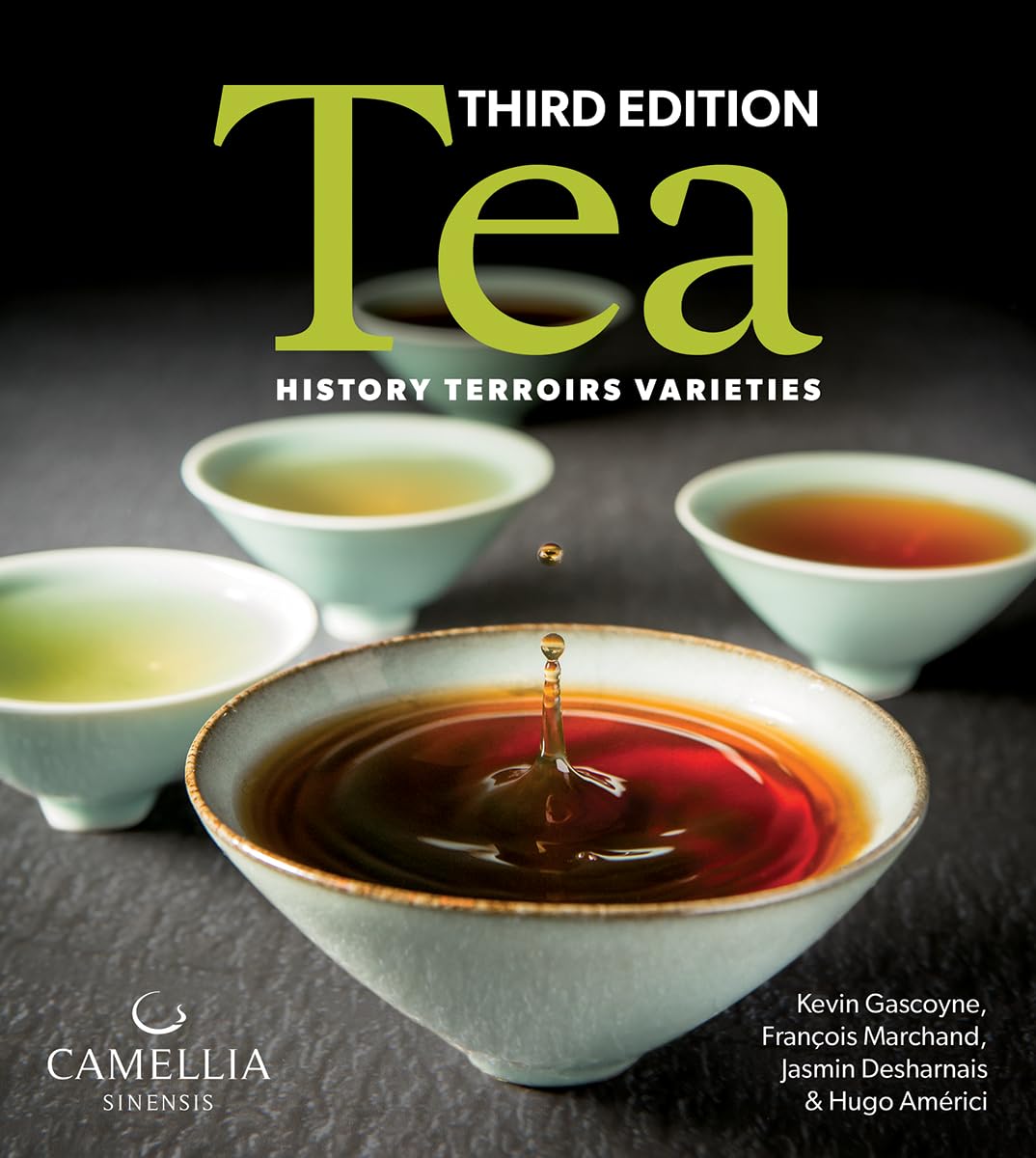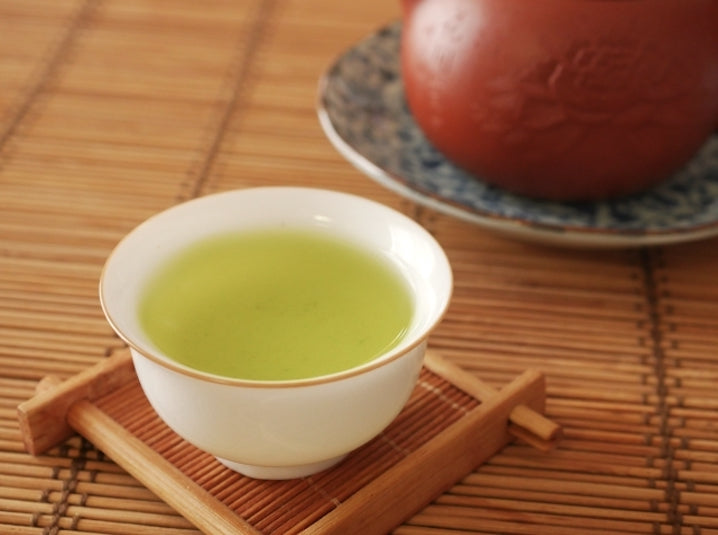Recent research has unveiled significant findings regarding the lipid profiles in herbal teas, highlighting their potential health benefits. A study conducted by Hokkaido University in Japan identified a diverse array of lipids in four popular herbal teas, revealing insights into their nutritional and medicinal properties.
Key Findings
- Identification of Novel Lipids: The study utilized advanced analytical techniques, specifically untargeted lipidomics, to identify 341 different molecular species across five major classes of lipids in teas such as dokudami, kumazasa, sugina, and yomogi. Notably, the research discovered short-chain fatty acid esters of hydroxy fatty acids (SFAHFAs), a type of lipid previously unseen in plants, suggesting new avenues for exploring their biological significance .
- Health Benefits: The identified lipids include beneficial compounds like α-linolenic acid and arachidonic acid, both known for their anti-inflammatory properties. These lipids are linked to various health benefits, including potential roles in gut health and overall wellness . The presence of these bioactive lipids supports the traditional use of herbal teas for their medicinal properties.
- Diverse Lipid Profiles: Each herbal tea analyzed exhibited distinct lipid compositions. For example, kumazasa was rich in α-linolenic acid, while sugina contained high levels of arachidonic acid. This diversity underscores the complexity and potential health implications of herbal teas.
- Implications for Nutrition: The findings suggest that the lipid content in herbal teas may significantly contribute to their health benefits, including antioxidant and anti-inflammatory effects. This research opens up possibilities for further studies on how these lipids can be utilized in functional foods and dietary supplements .
- Future Research Directions: The researchers emphasize the need for additional studies to explore the biological significance of these unique lipids in herbal teas and other food sources. They plan to expand their analysis to include more types of herbal teas to better understand their lipid compositions and potential health impacts .
Conclusion
The identification of beneficial lipids in herbal teas marks a significant advancement in understanding their nutritional value and health benefits. As research continues to uncover the complexities of these compounds, herbal teas may gain recognition not only for their flavors but also for their therapeutic potential, reinforcing their role in promoting health and well-being.





